The International Finance Corporation (IFC), a member of the World Bank Group, expects Singapore’s commitments to exceed US$1 billion (S$1.36 billion) in FY2024 for the second consecutive year as Singaporean companies continue to support proactive environmental, social, and governance (ESG) programs. Continue reading Environmental, Social and Governance (ESG) Frontiers in Emerging Markets.
The International Finance Corporation (IFC) works with the private sector in emerging and developing countries to help businesses implement development programs. It provides capital through corporate-level partnerships and direct investments, as well as expertise and influence to make projects that would otherwise be difficult to finance more viable.
Working with Singapore companies to provide climate finance to businesses in these markets to help them reduce their carbon emissions has been a top priority for the development agency over the past year.
Ms. Katia Daude Goncalves said: “All our investments are made from an ESG perspective. Now that 85% of all our new projects and investments must be in line with the Paris Agreement, climate-focused projects have become a greater focus of our engagement. The IFC Country Manager for Singapore, Malaysia and Brunei mentioned the Paris Agreement.
The Paris Agreement is an international treaty that aims to limit average global temperatures to 1.5 degrees Celsius above pre-industrial levels.
On Tuesday, Ms. Daude Goncalves was appointed to replace Mr. Nicolas Marquier, who has held the post since 2019.
She told The Straits Times that there was a growing interest among companies headquartered here in investments that would help address development challenges such as climate change, food and energy security and infrastructure gaps.
“This interest could take our commitments beyond the $1 billion mark again this financial year.”
In FY2023 ending June 30, IFC committed a record $1.2 billion across 18 projects for Singaporean affiliates seeking to expand in emerging and developing economies.
This included being the sole subscriber to a 16.5 billion yen (S$148 million) sustainability-related bond issued by Singapore Exchange-listed CapitaLand Ascott Trust targeting the hospitality sector, which will help decarbonize serviced apartments in countries such as Indonesia and the Philippines.
The IFC also provided a $32.5 million loan to Agrocorp International, a Singapore-based agricultural trading company, for the purchase and transportation of grains to Bangladesh.
The IFC also signed an agreement with the Enterprise Development Board of Singapore to provide project, trade and supply chain finance to Singaporean companies in emerging and developing markets.
IFC’s funding comes from its member countries, and since 2011, IFC has provided more than $7.5 billion in funding to Singapore-related clients in more than 150 transactions.
Ms. Daude Goncalves said that for the remainder of the fiscal year, the government is also weighing potential investments in areas such as renewable energy, agriculture and infrastructure.
The IFC sees opportunities in markets such as Malaysia to support development and promote private sector growth.
“We have been working with Singapore companies on cross-border investments, knowledge sharing, and partnership opportunities with Malaysian companies,” said Ms. Daude Goncalves.
IFC will prioritize Malaysian projects that promote and accelerate climate protection, financial inclusion, and innovation and digitization.
Supporting trade flows is another key theme for IFC in the coming year. IFC hopes to work with partners in Singapore to design programs that will enable them to provide more trade finance to companies in emerging and developing economies.
“We also see opportunities for blended finance to make climate-smart projects more bankable and investable,” added Ms. Dowd-Gonsalves.
Blended finance combines public and private sector resources to address development challenges.




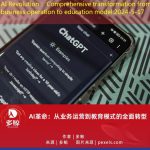

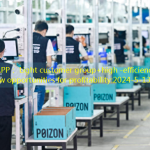




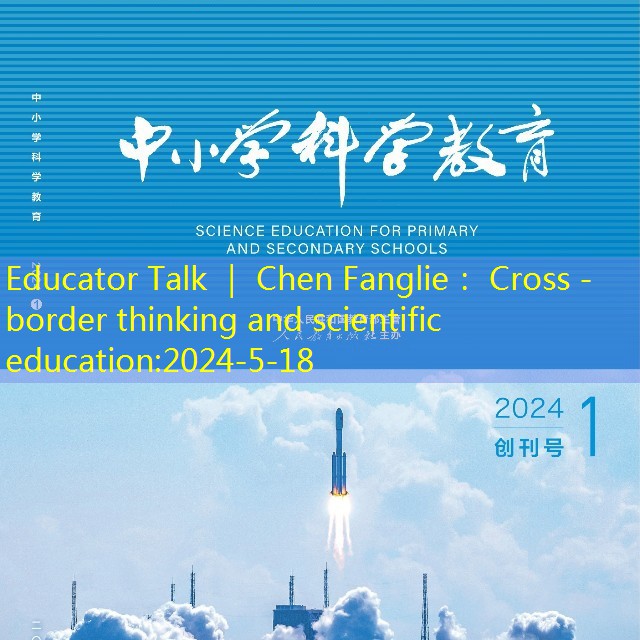
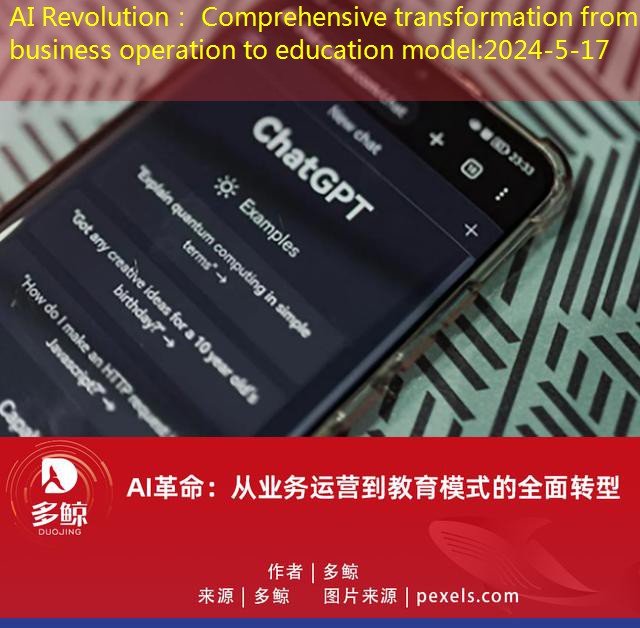


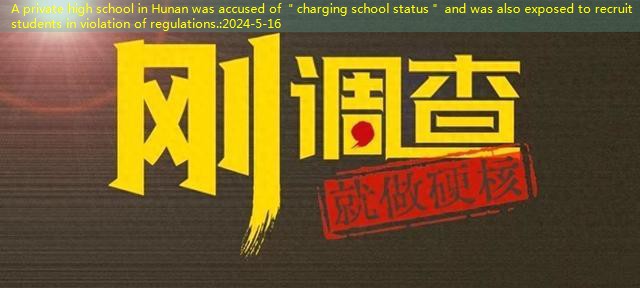
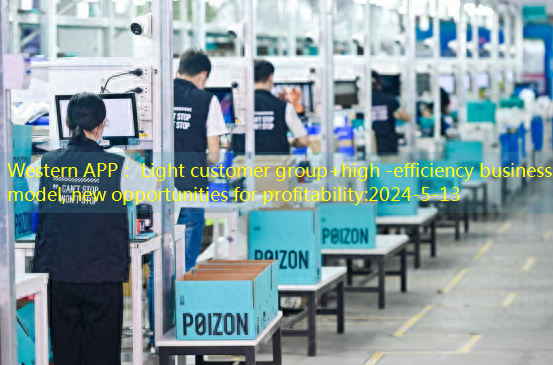
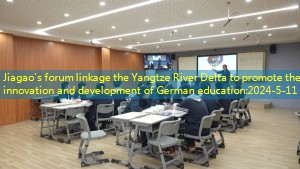
+ There are no comments
Add yours